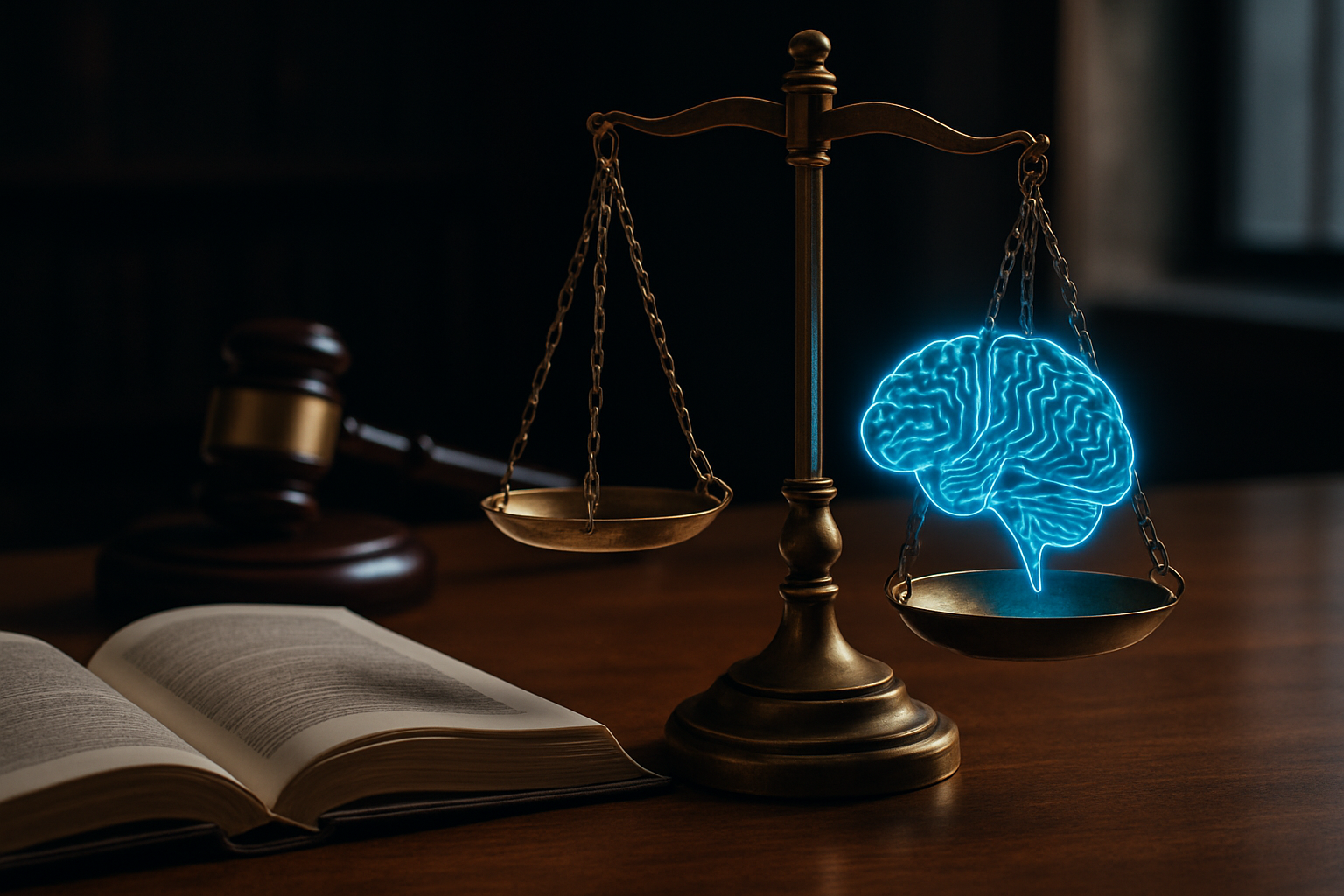Title: The Legal Landscape of Algorithmic Decision-Making
Introduction: In an era dominated by artificial intelligence and machine learning, algorithmic decision-making systems are reshaping our legal and governmental landscape. This article delves into the complex interplay between law, policy, and automated decision-making, exploring the challenges and opportunities that arise as algorithms increasingly influence critical aspects of our lives.

Legal Challenges in Algorithmic Accountability
One of the primary legal hurdles in algorithmic governance is establishing clear lines of accountability. When an algorithm makes a decision that impacts an individual’s rights or opportunities, who bears responsibility? This question becomes particularly complex when machine learning systems evolve beyond their initial programming. Courts and legislators are now tasked with developing new legal doctrines to address these novel scenarios, potentially expanding traditional concepts of liability and due process.
Bias and Discrimination in Automated Systems
A growing body of research has highlighted the potential for algorithmic bias, where automated systems perpetuate or exacerbate existing societal inequalities. This presents a significant challenge for anti-discrimination laws, which were largely crafted in a pre-digital era. Legal scholars and policymakers are now working to adapt these laws to address indirect discrimination resulting from seemingly neutral algorithms. Some jurisdictions have begun to implement algorithmic impact assessments and audits to identify and mitigate potential biases before deployment.
Transparency and the Right to Explanation
The opaque nature of many algorithmic decision-making systems has led to calls for greater transparency and a right to explanation. In the European Union, the General Data Protection Regulation (GDPR) includes provisions that grant individuals the right to obtain meaningful information about the logic involved in automated decision-making. However, implementing this right poses significant technical and legal challenges, particularly when dealing with complex machine learning models. Courts are now grappling with how to balance the need for algorithmic transparency with concerns about trade secrets and intellectual property.
Algorithmic Due Process and Administrative Law
As government agencies increasingly rely on automated systems for decision-making, questions arise about how to ensure due process and administrative fairness. Traditional notions of administrative law, such as the right to a hearing and the ability to challenge decisions, may need to be reimagined in the context of algorithmic governance. Some legal experts advocate for the development of algorithmic administrative law, which would establish new procedural safeguards and standards of review for automated decision-making in the public sector.
International Harmonization and Cross-Border Challenges
The global nature of technology companies and the internet poses unique challenges for regulating algorithmic decision-making. Different jurisdictions may have conflicting approaches to issues such as data protection, algorithmic transparency, and liability. This lack of international harmonization can create legal uncertainties and compliance challenges for organizations operating across borders. Efforts are underway to develop international standards and principles for responsible AI and algorithmic governance, but achieving global consensus remains a significant challenge.
The Future of Algorithmic Regulation
As technology continues to advance, the legal and regulatory landscape surrounding algorithmic decision-making is likely to evolve rapidly. Some jurisdictions are exploring the creation of specialized regulatory bodies or AI courts to address the unique challenges posed by these systems. Others are focusing on developing ethical guidelines and soft law instruments to guide the development and deployment of algorithmic decision-making tools. The coming years will likely see a proliferation of new laws, regulations, and legal doctrines aimed at ensuring that algorithmic governance serves the public interest while protecting individual rights.
In conclusion, the integration of algorithmic decision-making into our legal and governmental systems presents both unprecedented opportunities and complex challenges. As we navigate this new terrain, it is crucial that lawmakers, judges, and policymakers work closely with technologists, ethicists, and civil society to develop robust legal frameworks. These frameworks must be flexible enough to adapt to rapidly evolving technologies while remaining firmly grounded in fundamental principles of justice, equality, and human rights. The legal landscape of algorithmic decision-making is still in its infancy, but its development will play a crucial role in shaping the future of governance in the digital age.




